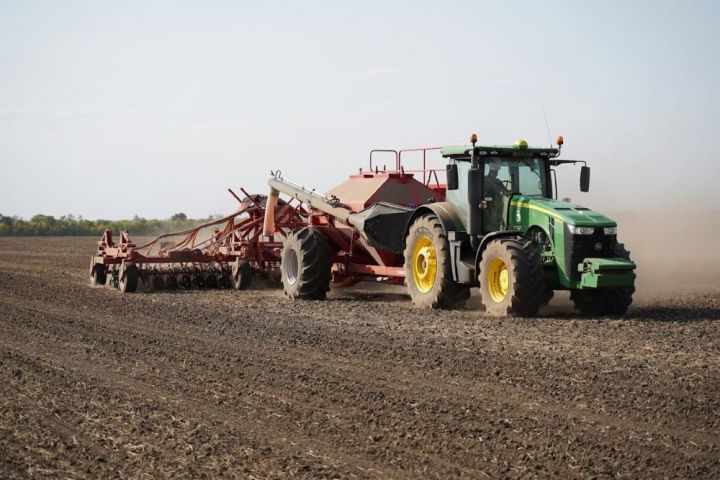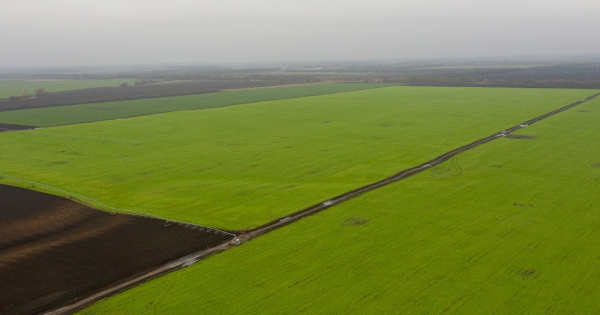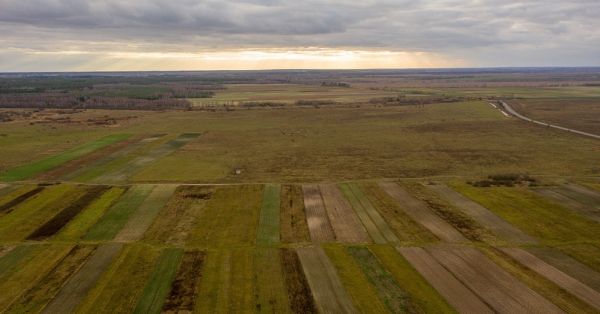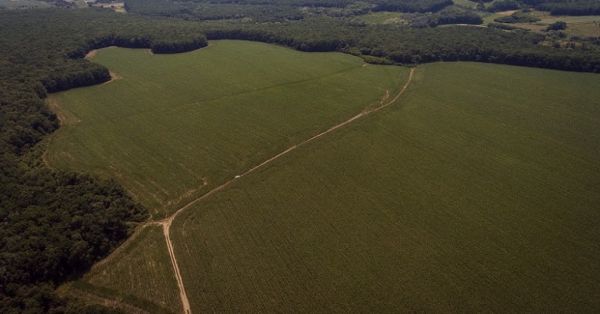To Be or Not to Be an Owner of Agricultural Land?
The closer we get to the opening of the land market in Ukraine, the bigger the number of those willing to sort out the details of land plot purchasing becomes. Nowadays, a great deal of “plot hunters” have already placed lots of ads stating “ready to buy land plots for a good deal of money.”
The situation comes as no surprise. If you ask me, currently there may be more people who wish to purchase land than those who would like to sell it. To buy or not to buy is a personal matter. Nevertheless, potential land buyers need to be careful since it is not as simple as it looks.

Land tenure today is a rather complicated thing. What troubles might await you after purchasing agricultural land?
I would divide them into several groups:
1. Qualitative characteristics of the property to be acquired.
A land plot is a part of the Earth’s surface, which has its own specific characteristics, namely relief, afforestation, waterlogging or, conversely, lack of moisture, low soil fertility, etc. When relief and afforestation can be seen with the naked eye right on the spot, the level of moisture or soil fertility cannot be measured without special devices, knowledge and skills.
Under no circumstances should you make a decision to buy the land plot without analyzing such factors because it is possible to end up acquiring a territory that is not suitable for use.
I doubt you will manage to return the purchase.
2. Quantitative characteristics of the property to be acquired.
Quite often, land plots that were received into private ownership by members of collective farms(A kolkhoz was a form of a collective farm in the Soviet Union.) consisted of several strips of land and, despite the fact that nowadays they are separate immovable properties, as a rule, this land will be sold as one lot. That is, when buying a plot of land, you can additionally get one or more gardens, hayfields, or pastures. Such plots are usually of no particular value, as they have little or no use for their main purpose — crop production.
3. Legal characteristics of the property to be acquired.
80% of agricultural land in Ukraine is exploited via lease, which, in its turn, is regulated by the current legislation and generally registered by the state (or, in this particular case, recognized as legitimate). One can reasonably argue that 8 plots out of 10, which are to be sold after July 1, 2021, will be burdened with a lease. Within my own practice, I can say that lease agreements, which contain a provision stating that they cease due to a change in ownership, are extremely rare. Therefore, be ready to communicate with a third party, a lessee, during and after the acquisition of land.
Competitive relationships stimulate the lessees so much that they, while increasing the amount of lease, do not always have enough time to make adjustments on the lease rate to land lease agreements.
Therefore, it is not uncommon for the previous owner to receive a much higher lease rate than the one formally fixed in the contract.
Moreover, an unscrupulous seller may conceal some pieces of information from you. For example, the fact of receiving an advance payment from the lessee for several years or, even worse, for the entire duration of the agreement. As a general rule, any land is purchased for personal use, or for lease with the purpose of certain income acquisition. When you cannot deploy the land or do not get the planned income, then it is not reasonable to buy this land.
In conclusion, I would like to add that if you are planning to buy agricultural land, please reflect upon the discussed nuances (this is not an exhaustive list) and do not risk investing in assets that will not bring the desired results.
Vladimir Nagorny, Head of the Land Policy and Property Relations Department at MHP





